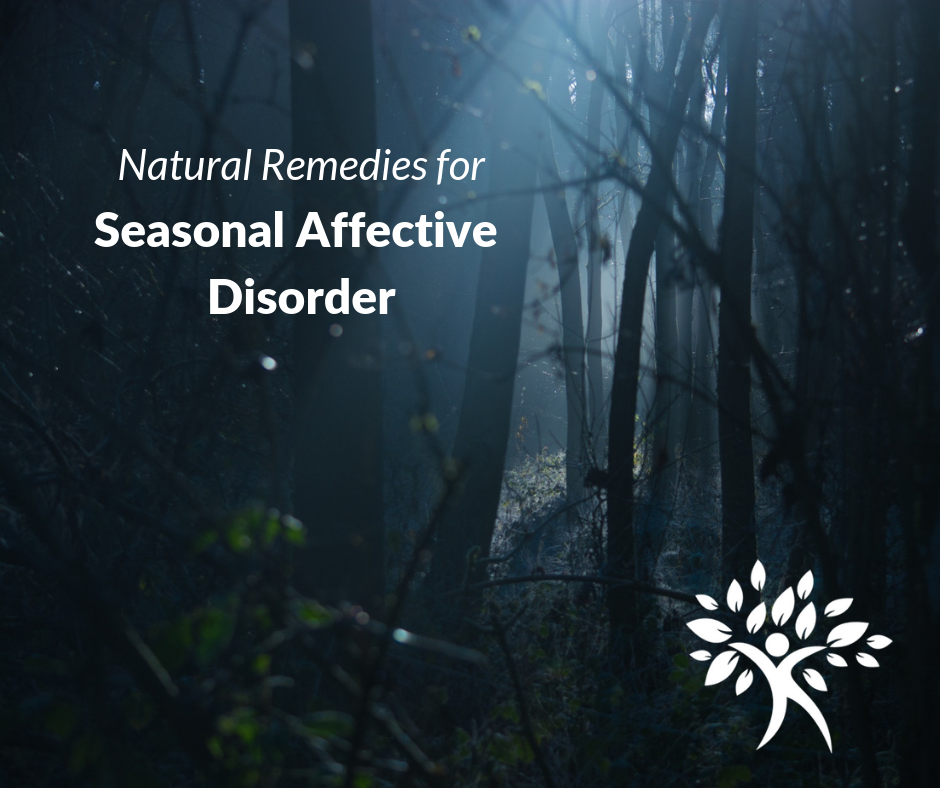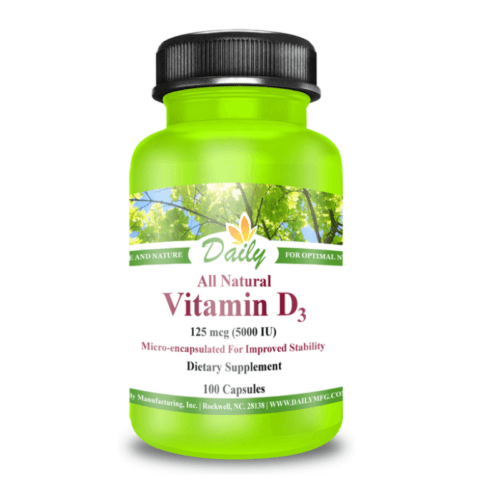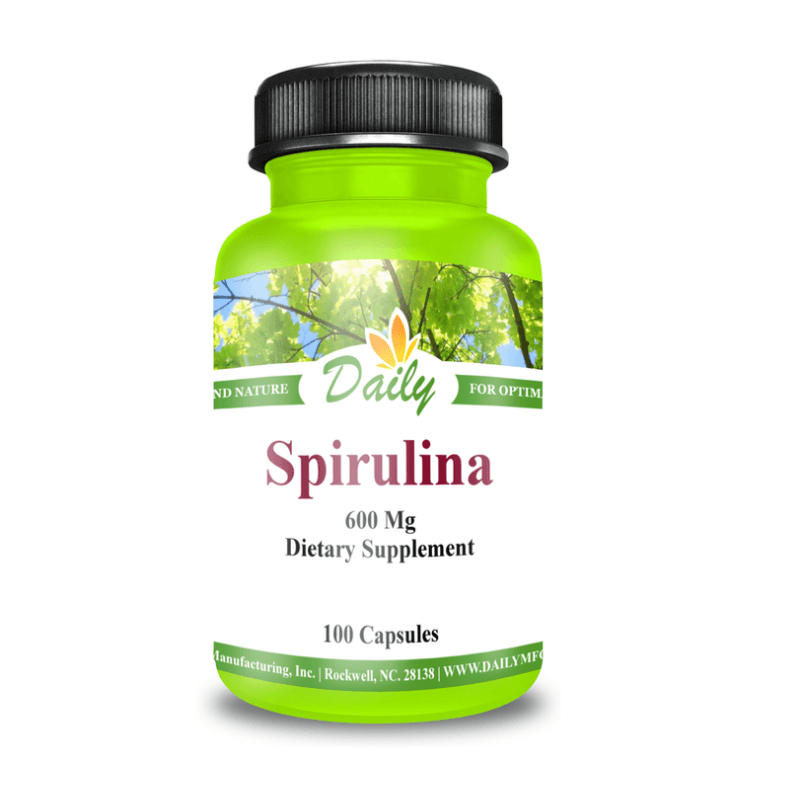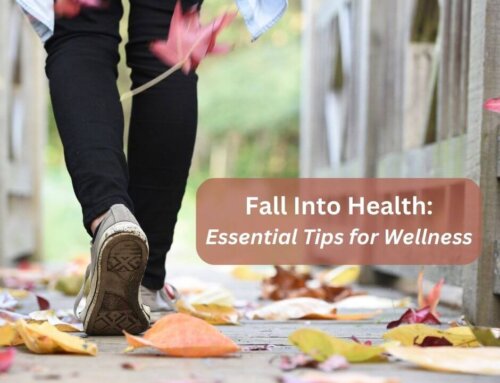The holidays have come and gone, but the winter lingers on. Many of us are struggling with fatigue, poor concentration, headaches, increased sugar cravings, anxiety, and even depression. If this sounds like you, you’re not alone. Seasonal Affective Disorder (S.A.D.) impacts millions Americans each year. Experts believe S.A.D. is caused when our pineal glands aren’t exposed to enough full-spectrum light. This leads to an overproduction of melatonin which can throw hormones and body rhythm off balance. Fortunately there are simple steps you can take to overcome S.A.D. symptoms and start feeling your best.
NATURAL REMEDIES FOR SEASONAL AFFECTIVE DISORDER
MAINTAIN A HEALTHY LIFESTYLE
- Go on a Trip. Studies show that traveling to somewhere warm during the Winter can help those who suffer from S.A.D. symptoms function more normally for up to 4 weeks after they return. Now may be the perfect time to take that beach vacation!
- Buy a Houseplant. Houseplants help to remove harmful toxins from the air while releasing oxygen. Studies show that indoor plants help to boost concentration and productivity by up to 15% percent. And they look pretty too!
- Take a Walk Outside. Even though the days are shorter during the winter, we still need to make spending time outside a priority. Take a short walk around the neighborhood or drink a cup of tea on the porch. Fresh air works wonders on the mind and body.
FOCUS ON GOOD NUTRITION
- Eat a Banana. Bananas contain the amino acid tryptophan as well as Vitamin B6, potassium, and carbohydrates. This combination of nutrients makes the simple banana an excellent food for boosting mood and energy.
- Try Nutritional Yeast. Nutritional Yeast is a popular food product among vegans because it contains a variety of B Vitamins. In fact, deficiencies in B Vitamins are commonly linked to depression and anxiety. Try sprinkling some on popcorn or salads for tasty and nutritious added flavor.
- Maintain Quality Standards. When our mood and energy declines, many of us put less effort into our food quality. Avoid eating excessive amounts of processed food during the Winter. Instead on focus on filling your fridge and your pantry with natural, organic, and preservative-free groceries.
CONSIDER HELPFUL SUPPLEMENTS
- Vitamin D. Due to decreased exposure to sunlight, many of us become deficient in Vitamin D during the Winter. Consider adding a natural Vitamin D supplement to your routine or increasing your intake of foods rich in Vitamin D. These include foods like eggs, tuna, and salmon.
- Spirulina is a nutrient-dense type of blue-green algae which commonly comes in powdered, capsule, or tablet form. Spirulina is a natural source of iodine which can support a healthy thyroid. For instance, a healthy thyroid helps maintain hormone balance and prevent symptoms related to seasonal affective disorder.
- Maca Root. Maca is a Peruvian plant that is commonly referred to as “Peruvian Ginseng.” The root of the plant is a good source of carbs, protein, as well as essential vitamins and minerals. Additionally, studies indicate that Maca Root may help to relieve symptoms of anxiety & depression, while also boosting energy.









